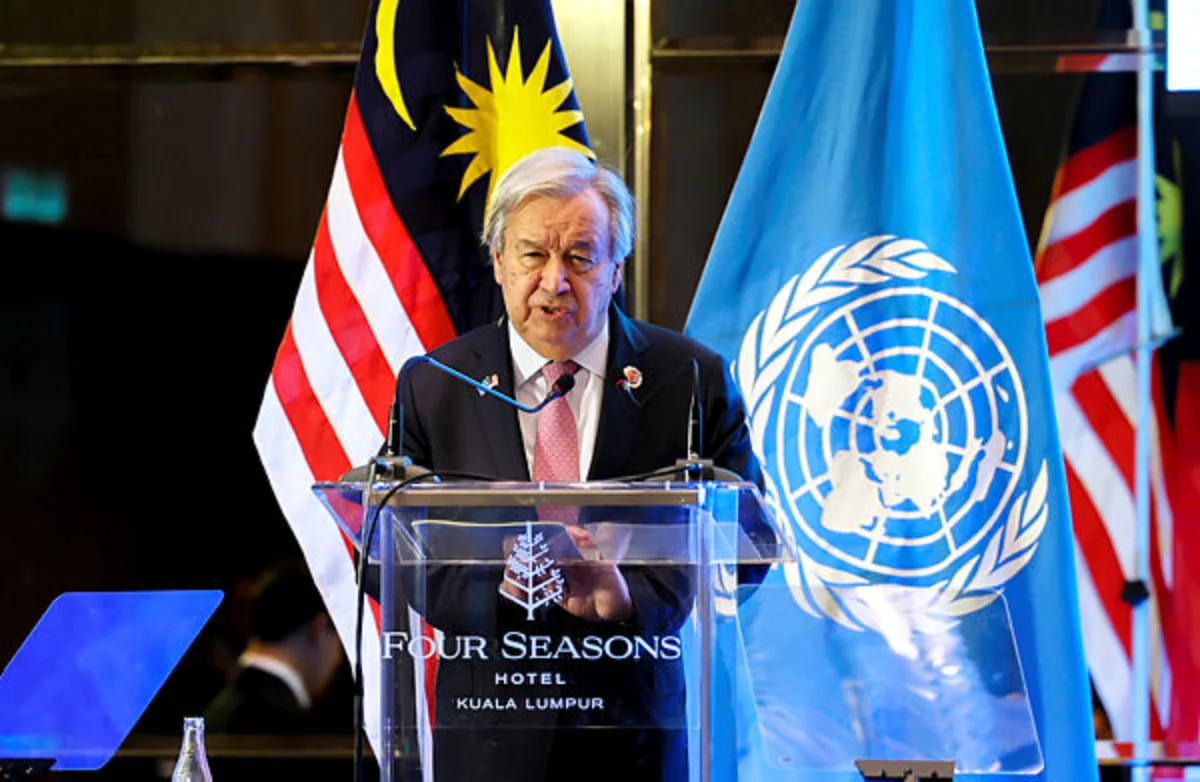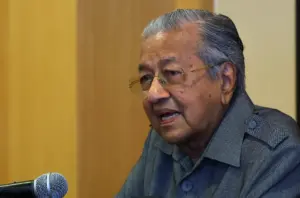KUALA LUMPUR: United Nations Secretary-General Antonio Guterres has renewed his call for reform of the UN Security Council, describing its current structure as outdated and unrepresentative of modern geopolitical realities.
He stated that the UNSC, established after World War II, suffers from both legitimacy and effectiveness problems that create imbalance and undermine its credibility.
Guterres explained the legitimacy problem stems from a composition that no longer corresponds to today’s world reality with three European permanent members and only one from Asia.
“There is no permanent member from Latin America or Africa,” he said during a press conference ahead of the 15th ASEAN-UN Summit held alongside the 47th ASEAN Summit and Related Summits.
He emphasised the importance of having African representation and increased permanent representation from Asia to better reflect today’s global landscape.
On effectiveness issues, Guterres pointed to the veto power held by the five permanent members that often hampers decisive action on global crises.
He welcomed proposals from France and the United Kingdom to limit veto use in specific circumstances, saying these initiatives deserve serious consideration.
“I think it would be very interesting if the members of the Council would seriously consider those proposals,” he added.
The UN Security Council comprises five permanent members with veto power and ten non-permanent members elected for two-year terms.
Current non-permanent members include Algeria, Denmark, Greece, Guyana, Pakistan, Panama, South Korea, Sierra Leone, Slovenia and Somalia.
Malaysia has previously joined calls for UNSC reform, noting that permanent members can veto consensus agreed by most UN members.
Separately, Guterres addressed the proposed 18.8% staff reduction by 2026 as part of efficiency efforts rather than a response to funding cuts.
He explained the reductions aim to improve efficiency and cost-effectiveness while maintaining support for developing countries facing current difficulties.
“What we are doing is recognising that we can improve, be more efficient, more cost-effective and deliver on our mandates more effectively,” Guterres stated.
He clarified that positions supporting developing countries in the field would not be reduced under this efficiency initiative. – Bernama
Post Views: 2






